The Russo-Japanese War
Background
The Russo-Japanese War was a military conflict fought between the Russian Empire and the Empire of Japan from 1904 to 1905. The war was significant as it marked the first major victory of an Asian power over a European one in the modern era, altering the balance of power in the Far East.
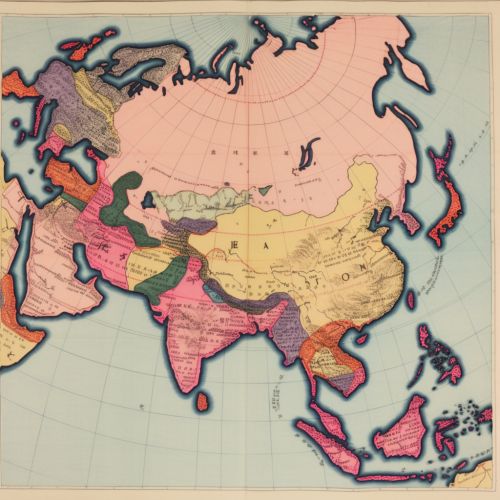
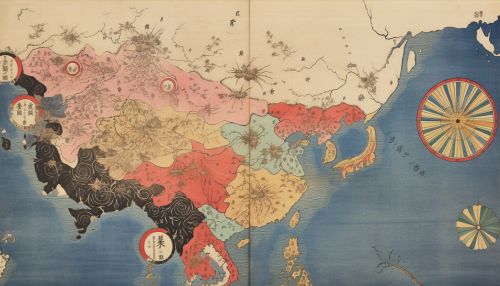
Causes of the War
The primary cause of the Russo-Japanese War was territorial and political conflict over the control of Manchuria and Korea. Both Russia and Japan had imperial ambitions in these regions, leading to escalating tensions.
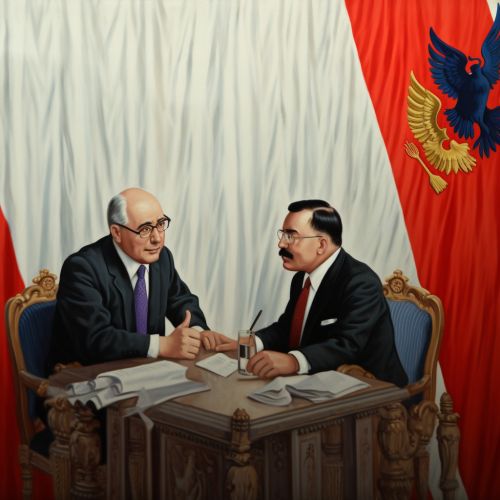
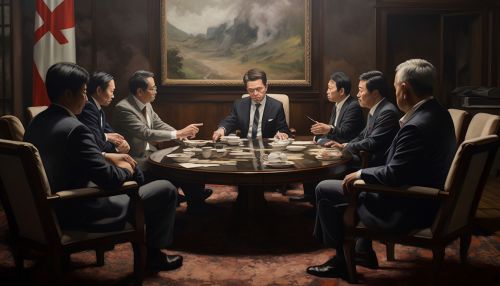
Russia's Interests
Russia's interest in Manchuria and Korea was driven by its desire for a warm-water port, which was crucial for its navy and trade. The Trans-Siberian Railway, which was under construction, was also a significant factor as it would connect European Russia with its Far Eastern territories.
Japan's Interests
Japan, having recently emerged as a modernized nation following the Meiji Restoration, sought to secure its position as a global power. Control over Korea and Manchuria would provide Japan with strategic advantages and resources.
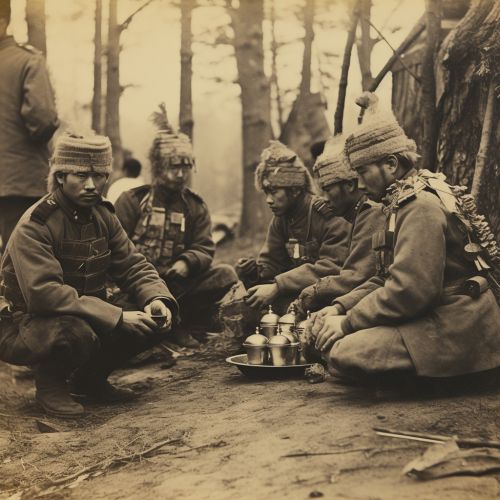
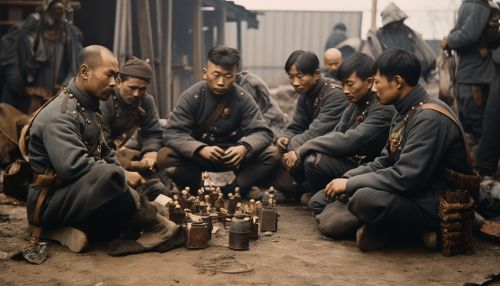
Course of the War
The Russo-Japanese War began with a surprise attack by the Japanese navy on the Russian Pacific Fleet stationed at Port Arthur in February 1904. The war was primarily fought in the region of Manchuria and at sea.
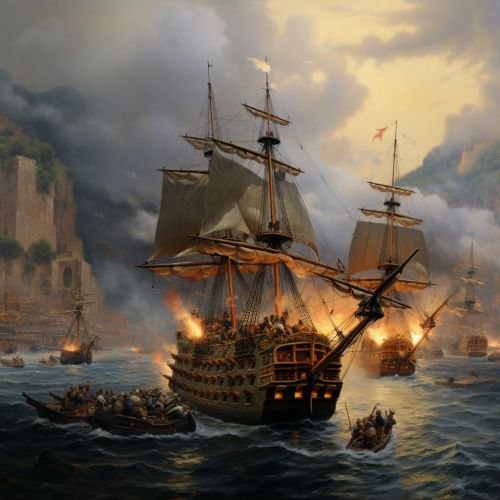
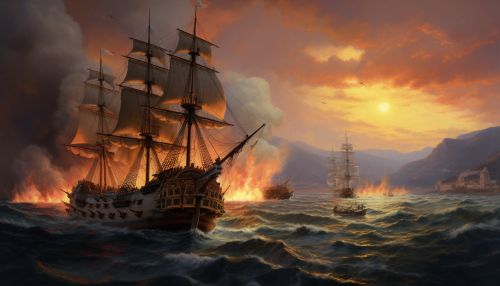
The naval battles of the Russo-Japanese War were notable for the use of modern naval technology, such as torpedoes and wireless telegraphy. The Battle of Tsushima, in which the Japanese navy destroyed two-thirds of the Russian fleet, was a decisive victory for Japan.
Land Battles
On land, the war was characterized by trench warfare and the use of modern artillery. Key battles included the Siege of Port Arthur and the Battle of Mukden, both of which resulted in Japanese victories.
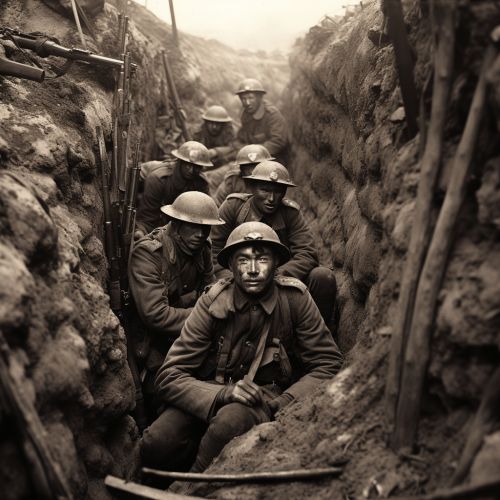
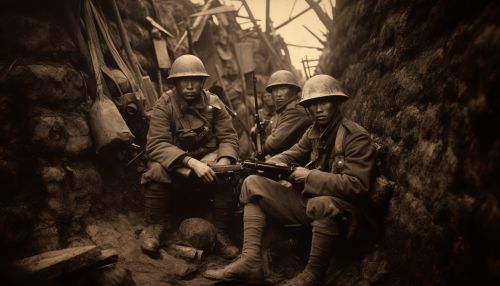
Aftermath
The Russo-Japanese War ended with the signing of the Treaty of Portsmouth in September 1905, mediated by U.S. President Theodore Roosevelt. The treaty recognized Japan's control over Korea and transferred Russian leaseholds in southern Manchuria to Japan.
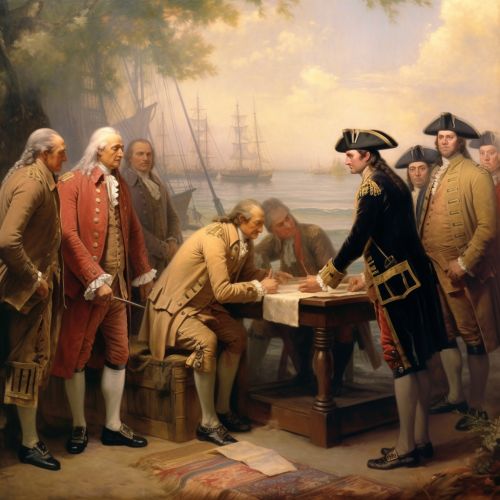
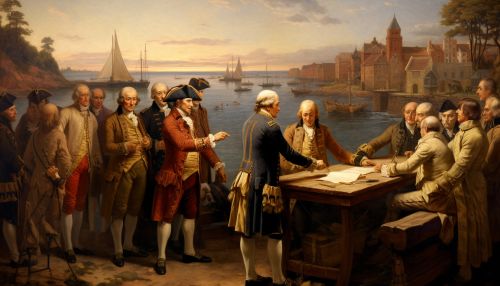
The war had significant consequences for both Russia and Japan, as well as for the international balance of power. It marked the emergence of Japan as a world power, while it exposed the weaknesses of the Russian Empire and contributed to the conditions leading to the Russian Revolution in 1917.
